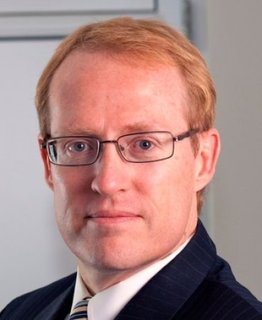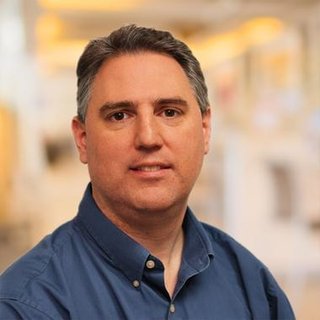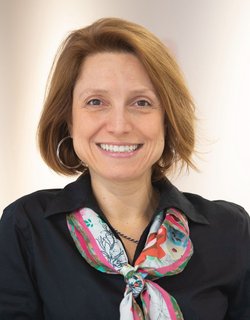Keynotes
Keynote-Panel: Anita Carleton (Panel Chair), Doug Schmidt (Speaker), John Robert (Speaker) and Ipek Ozkaya (Speaker)
Advancing Leadership and Strategic Advantage in Software Engineering
This keynote panel will center its discussion on the evolving landscape of software engineering and on leveraging AI to enhance the development, testing, and sustainment of software. Drawing insights from the study Architecting the Future of Software Engineering: A National Agenda for Software Engineering R&D and subsequent exploration with the Networking and Information Technology Research and Development (NITRD) program in the White House Office of Science and Technology Policy, we will focus on the critical technologies and research areas essential for advancing future systems, with the overarching goal of making software a competitive advantage.
We will then dive deeper into three major focus areas identified by the study. First, we will discuss AI-augmented software development and the promise AI holds as a partner for software developers. Next, we will explore software assurance for today’s fluid, evolving systems, which are expected to undergo almost continuous updates and improvements and be shown to still perform as intended. Finally, we will explore ways to construct predictable software systems out of modular components, which are often reused elements that were not designed to be integrated or evolved together. It is therefore necessary to continually re-integrate software-reliant systems using technologies and platforms that support the composition of modular components. Please join us to discuss these topics and more as we delve into the intricate tapestry of software engineering.
Panel Chair: Anita Carleton
|
||
Dr. Doug Schmidt
|
John Robert
|
Dr. Ipek Ozkaya
|
Anita Carleton
Anita Carleton is an Executive Leadership Team Member and Division Director of the Software Solutions Division at the Carnegie Mellon University Software Engineering Institute, with more than 35 years of senior leadership experience in the software engineering industry. She has most recently led a national study titled “Architecting the Future of Software Engineering: A National Agenda for Software Engineering Research & Development.” Carleton serves as the chair of the IEEE Software Advisory Board and is an IEEE Fellow. Carleton received her bachelor’s degree in Applied Mathematics from Carnegie Mellon University and her MBA from the MIT Sloan School of Management, where she was the recipient of the MIT Sloan Leadership Fellowship.
Dr. Doug Schmidt
Dr. Douglas C. Schmidt is the U.S. Department of Defense Director of Operational Test and Evaluation. Until recently, he was a Visiting Scientist at the Software Engineering Institute at Carnegie Mellon University and a Professor of Computer Science at Vanderbilt University. Dr. Schmidt is an internationally renowned and widely cited researcher whose work focuses on pattern-oriented middleware, Java concurrency and parallelism, and generative AI.
John Robert
John Robert is a Principal Engineer at the Software Engineering Institute and the Deputy Director for the Software Solutions Division. Mr. Robert provides leadership for software engineering research and the development of technologies in partnership with Department of Defense (DoD) programs and industry to enable the broad transition of new software engineering approaches. Mr. Robert has led multiple SEI technical partnerships with high priority DoD programs, resulting in high customer value and beneficial connections to SEI research.
Dr. Ipek Ozkaya
Dr. Ipek Ozkaya is a principal researcher and the technical director of the Engineering Intelligent Software Systems group at the Software Engineering Institute. Her areas of work include software architecture, software design automation, and managing technical debt in software-reliant and AI-enabled systems. At the SEI she has worked with several government and industry organizations in domains including avionics, power and automation, IoT, healthcare, and IT. Ozkaya is the co-author of a practitioner book titled Managing Technical Debt: Reducing Friction in Software Development.
Keynote: Jordi Cabot
Hyperautomation: Paving the Way for Tomorrow’s Software Revolution
Companies need more and more software. And to make matters worse, they require that software to be intelligent, e.g. able to talk with users in natural language, to act as a recommender system, to classify clients depending on the forecasted long-term value,…. How do we cope with this demand? Who will build all this software? For sure, we can’t train enough skilled developers to code it.
In this talk, I will argue that our only chance is to embrace hyperautomation. Hyperautomation combines low-code and generative AI techniques to enable a faster and cheaper development of applications. We’ll see how these techniques work, how they can help (and what are their risks!) and how we’re building our own open-source AI-enhanced low-code platform in Luxembourg.
Jordi Cabot
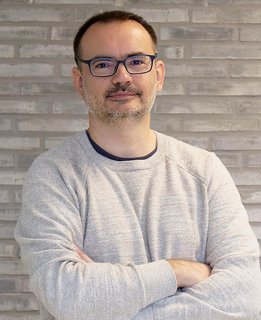
I’m an FNR Pearl Chair and head of the Software Engineering RDI Unit at the ITIS department of the Luxembourg Institute of Science and Technology (LIST). I’m also an Affiliate Professor in CS at the University of Luxembourg. Previously, I’ve been an ICREA Research Professor at Internet Interdisciplinary Institute, the Research center of the Open University of Catalonia (UOC) where I led the SOM Research Lab. I was also Visiting Professor at the Western Norway University of Applied Sciences, associate professor at École des Mines de Nantes as part of an Inria International Chair, postdoc at the University of Toronto, researcher at the Politecnico di Milano and the Technical University of Catalonia and co-founded two startups.
My research falls into the broad area of systems and software engineering, especially promoting the rigorous use of software models in all software tasks while keeping an eye on the most unpredictable element in any project: the people involved in it. Current research topics include pragmatic formal verification techniques, analysis of open source communities, open data exploitation and the role AI can play in software development (and vice versa). Let’s use all the tools at our disposal to build Better Software Faster.
Beyond scientific publications, the results of our research are available as open-source tools or as part of transfer contracts.
Keynote: Marcos Kalinowski
AI-Driven Business Transformation: Engineering Effective Machine Learning and LLM-Enabled Systems
This keynote is a fusion of practical experience and academic innovation, offering a roadmap for navigating the complexities of Software Engineering for AI, also known as AI Engineering, and providing a glimpse into the challenges and opportunities in this dynamic field. The practical experiences are rooted in real-world intelligent systems developed at ExACTa PUC-Rio, an R&D lab renowned for its distinguished expertise in AI Engineering. These experiences include dozens of effective business deliveries and several international patents. The academic innovation perspective builds on AI Engineering research conducted at ExACTa PUC-Rio and recent findings published in major scientific conferences and journals. Based on these experiences and the latest research, the presentation will explore practical and agile approaches to engineering business-effective AI systems, covering the entire development lifecycle from the initial idea to assessing the industrial impact. Particular emphasis will be placed on aligning business expectations and on the idiosyncrasies of engineering software solutions that incorporate Machine Learning (ML) and Large Language Models (LLM) components. Intended for professionals and researchers alike, the keynote will include practical advice for engineering ML and LLM-enabled systems and set the stage for exploring future research avenues.
Marcos Kalinowski, Pontifical Catholic University of Rio de Janeiro (PUC-Rio)
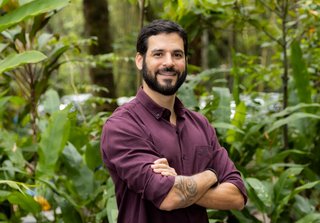
Marcos Kalinowski is a professor of Software Engineering at PUC-Rio's Department of Informatics. His research focuses on Empirical Software Engineering, Requirements Engineering, Software Engineering for AI, and Software Quality. He is one of the founders and coordinators of the ExACTa PUC-Rio lab, where he leads several R&D projects with industry partners and supervises MS and DSc research. He holds a research productivity distinction from the Brazilian Council for Scientific and Technological Development (CNPq). He is a member of the International Software Engineering Research Network (ISERN) and is deeply involved in international research collaborations. Prior to his academic career, he accumulated over ten years of experience in the software industry, working in roles ranging from developer to director. He serves as senior advisor to the Brazilian software quality initiative MPS.BR. His research has received several international honors and awards and is available in publications at the main scientific software engineering conferences and journals. He serves the community as editor of the In-Practice track and editorial board member of the Journal of Systems and Software and as part of the organizing and program committees of several international conferences, including serving as general co-chair of ICSE 2026, to be held in Rio de Janeiro.

